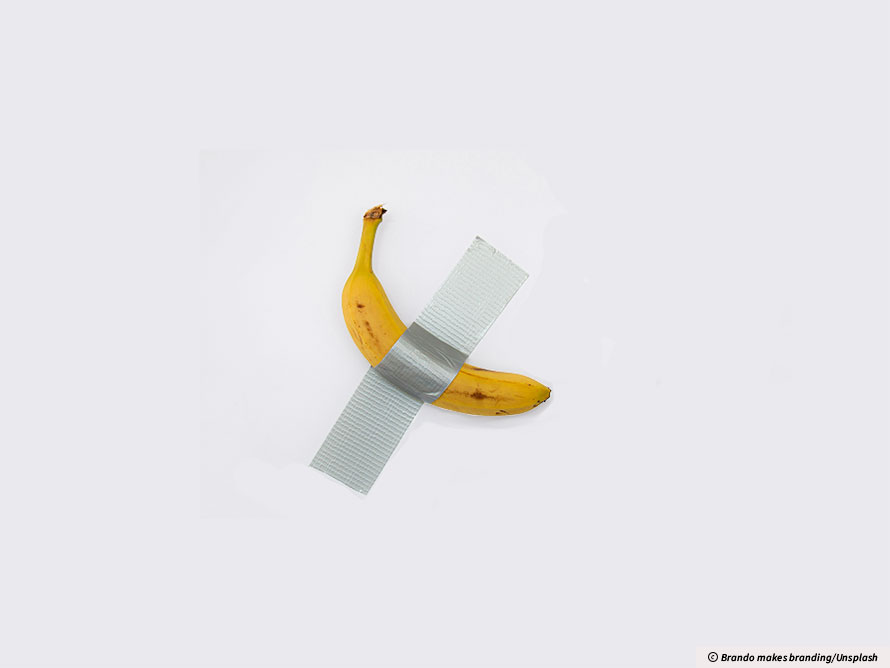More and more teenagers are turning their backs on smartphones in the search for a simpler life. Timur, 14, from Queen Elizabeth’s School for Boys, Barnet, won the 2025 Science & Technology award for his piece recounting his experience with smartphones.
Throughout the early days of my childhood, rather embarrassingly, I had been a constant and repeat victim of pinworms – thin, threadlike worms that live in the intestines. When I first became aware of the existence of the pinworm at age seven, through my father telling me that there were “small worms in my tummy”, I, instantaneously, began to shrivel up at the mental image of microscopic monsters eating my body from the inside. What seven-year-old wouldn’t panic at the thought of worms inside of them?
Strangely enough, I almost miss them. For, a far more sinister parasite haunts me, one that lurks in the intricate crevices of my brain and that we, as a society, must eradicate. One that, unlike the mostly harmless pinworms, has the alarming ability to control me, my thoughts, and my actions. One that doesn’t feed off of food, but rather smartphone usage, and it goes by one name: “Smartphone Addiction”.
Every waking moment, this parasite makes its first move, by taking control over my hand, making it reach over to my bedside table and pounce at my smartphone — before me even getting out of bed. Then, it unlocks my phone, marking the start of the end of my productivity.
It causes me to lie in bed for hours, staring mindlessly at the screen, whilst my thumb restlessly flicks through an endless void of videos — each one intricately designed to keep you ‘hooked’ for as long as possible. All this happens as my work for the day piles up, whilst my time to complete it depletes.
This parasite is not something I face alone, however, as it seems to have also infected my family. The once lively dinner table conversations that used to be the highlight of my day has been replaced by the endless clicks and clacks of smartphone keyboards.
You, too, could potentially be a victim. In a survey conducted by President Magazine in Japan on May 5, six in 10 people reported that they consider themselves to be addicted to their phone. I found these results to be simply shocking, which led me to question whether or not this survey was accurate.
So, I made my own survey and sent them out to students in Queen Elizabeth’s School, Barnet. Out of a whopping 92 responses, 47 of them report being addicted to their phones, and, of that 47, 40 of them feel that this addiction has had a negative impact on their education.
Clearly, this parasite is something we must deal with immediately, but how?
Unlike pinworms (which can be treated, quite miraculously, with a single tablet), there is no medical cure for this parasite; no pill, no easy way out. It seems that the only thing that has worked for me is depriving them of their sustenance; screen time. Over half-term break, I mustered all of my strength to cut down on my screen time by leaving my phone in my bedroom while I eat dinner, adding limits on the apps I use the most, et cetera. Gradually, I found that the impulse in the back of my mind to check my messages at every other moment faded, and I regained control over myself.
To conclude, in an increasingly digital world, where addictions run rampant, it is becoming ever so clear that the need to keep ourselves in control over our gadgets is of utmost importance.
Interested in submitting your own Student Voices article or video? Find out more here.
Cite
While every effort has been made to follow citation style rules, there may be some discrepancies. Please refer to the appropriate style manual or other sources if you have any questions.














